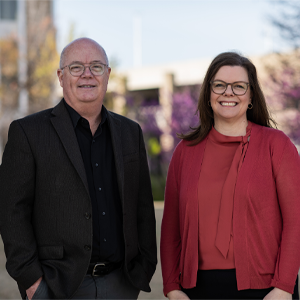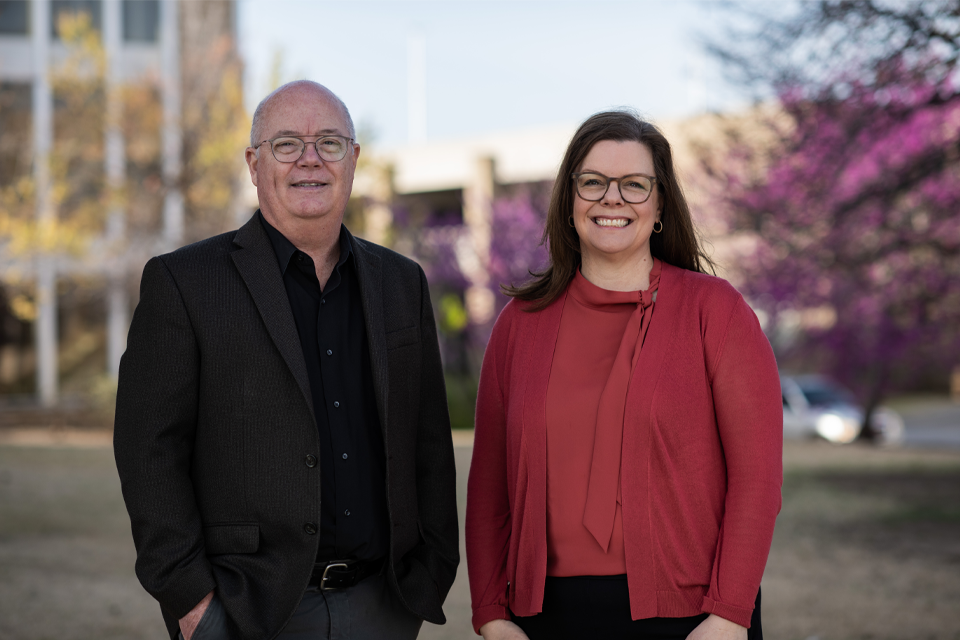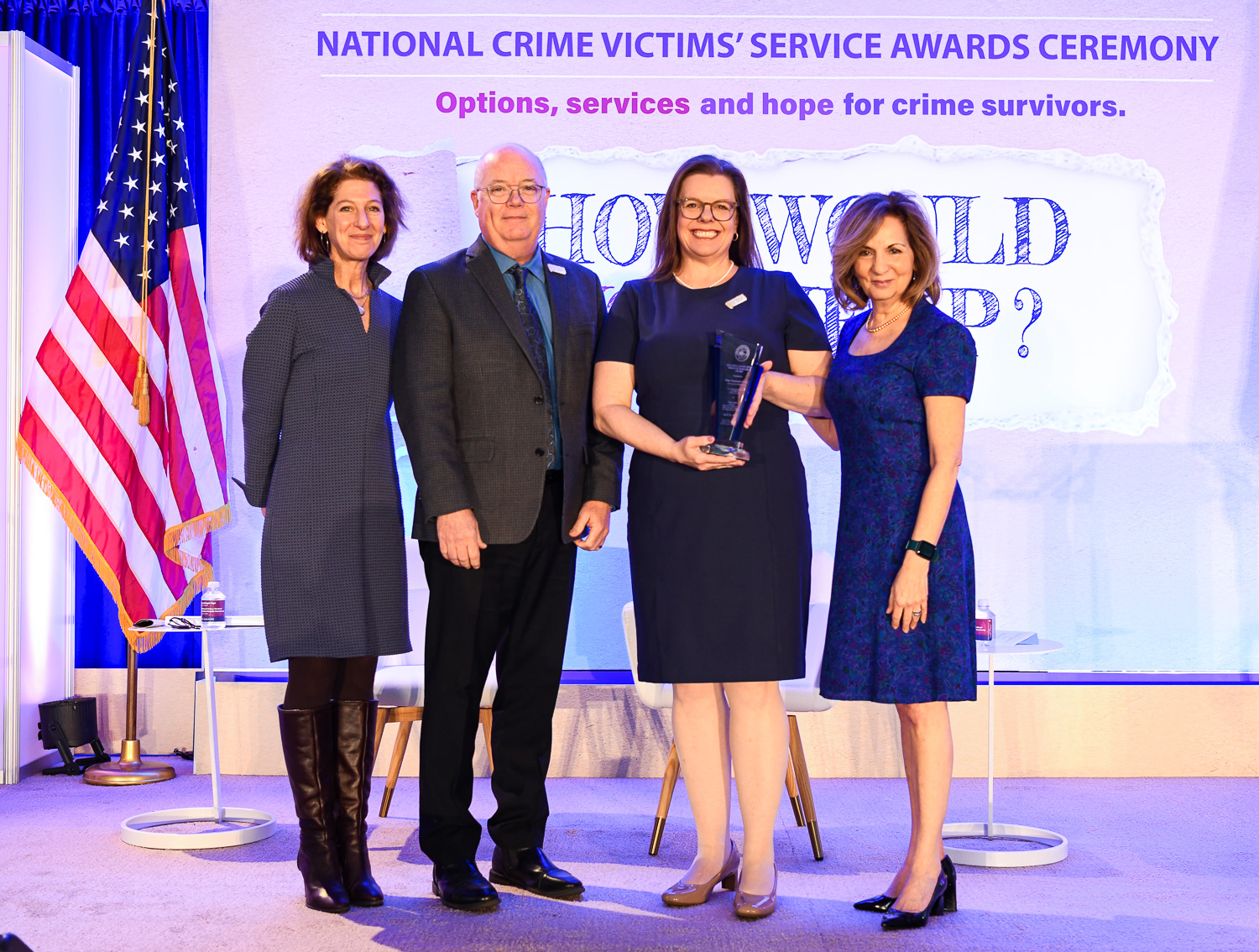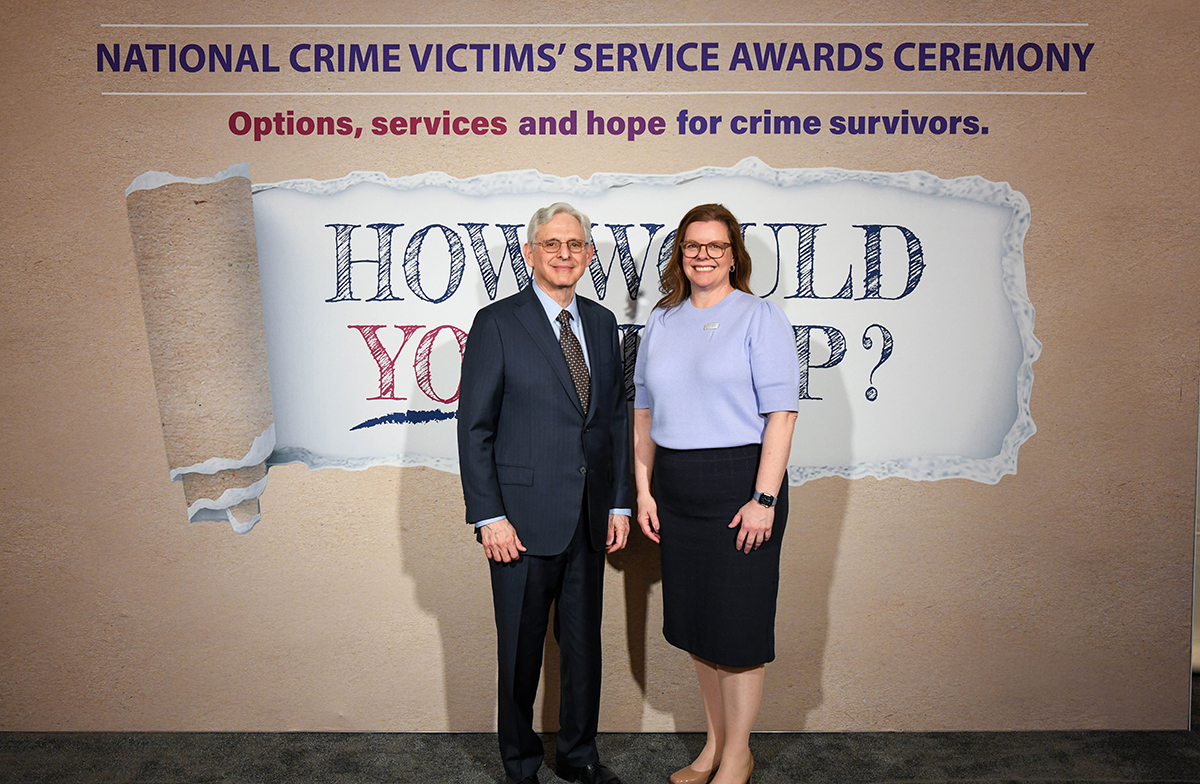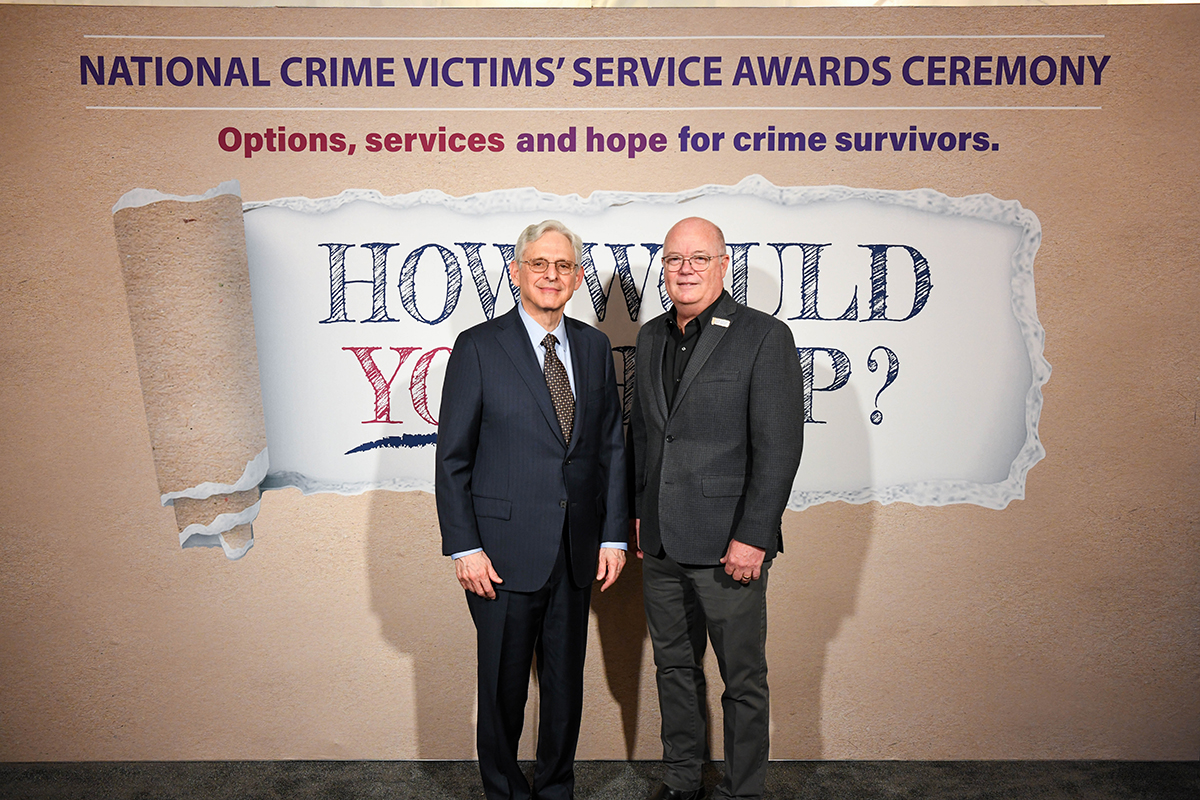Archival Notice
This is an archive page that is no longer being updated. It may contain outdated information and links may no longer function as originally intended.
Hope Research Center | Building Knowledge Through Research Award
The University of Oklahoma
Tulsa, Oklahoma
The Hope Research Center partners with service organizations to develop, test, and implement a trauma-informed and hope-centered framework to improve outcomes for victims and their families. This research also examines hope as a protective factor against burnout, secondary traumatic stress, and turnover among service providers. The Center offers hope research strategies, including evaluations and applied research projects customized to the needs of an organization and focused on improving program services and achieving client outcomes.
The Center defines hope as the belief that the future will be better, and you have the power to make it so. Hope is based on three main ideas: desirable goals, pathways to goal attainment, and agency (willpower) to pursue those pathways to the goals. The Hope Research Center is interested in both the science and power of hope as a psychological strength especially among those experiencing trauma and adversity.
Three questions guide the Center’s work:
- What is hope?
- How does adversity, trauma, and toxic stress impact hope?
- Can hope be increased and sustained by targeted interventions?
The Center’s published research has shown that hope can be increased and sustained through effective programming and offers trainings for staff and leadership that teaches how (1) hope predicts adaptive outcomes, (2) hope buffers the effects of adversity, and (3) hope can be influenced and sustained.
A major strength of hope is the ease of understanding it offers to practitioners and communities. Several organizations across the United States have worked with the Center to develop hope-centered and trauma-informed initiatives for individuals, families, and communities, including social service agencies and technical assistance providers in the areas of domestic violence, child maltreatment, homelessness, human services, public safety, and school districts. The Center also began collaborating with the Oklahoma Department of Human Services in 2019 on a multi-year strategy to become the first hope-centered state agency by creating hope-centered policies, programs and practices that positively impact systems and communities throughout the state.
Dr. Chan Hellman’s current research is focused on the application of hope theory to predict adaptive behaviors and to understand how hope serves as a psychological strength that buffer stress and adversity among those impacted by family violence.
Dr. Angela Pharris’ current research is in child welfare and human service organizations and the application of Hope Centered and Trauma-Informed framework.
2024 National Crime Victims' Service Awards Tribute Video
Watch this tribute video about the Hope Research Center, 2024 recipient of the Building Knowledge Through Research Award.
The Hope Research Center receives the 2024 Building Knowledge Through Research Award with (from left) OVC Director Kristina Rose and Assistant Attorney General Amy L. Solomon.
The 2024 National Crime Victims' Service Awards Recipients with Attorney General Merrick B. Garland; Anthony Edwards, actor, producer, director, and Zero Abuse Project board of directors member; and Brenda Glass, founder and executive director of the Brenda Glass Multipurpose Trauma Center.
Dr. Angela Pharris with Attorney General Merrick B. Garland at the 2024 National Crime Victims' Rights Week Candlelight Vigil.
Dr. Chan Hellman with Attorney General Merrick B. Garland at the 2024 National Crime Victims' Rights Week Candlelight Vigil.


